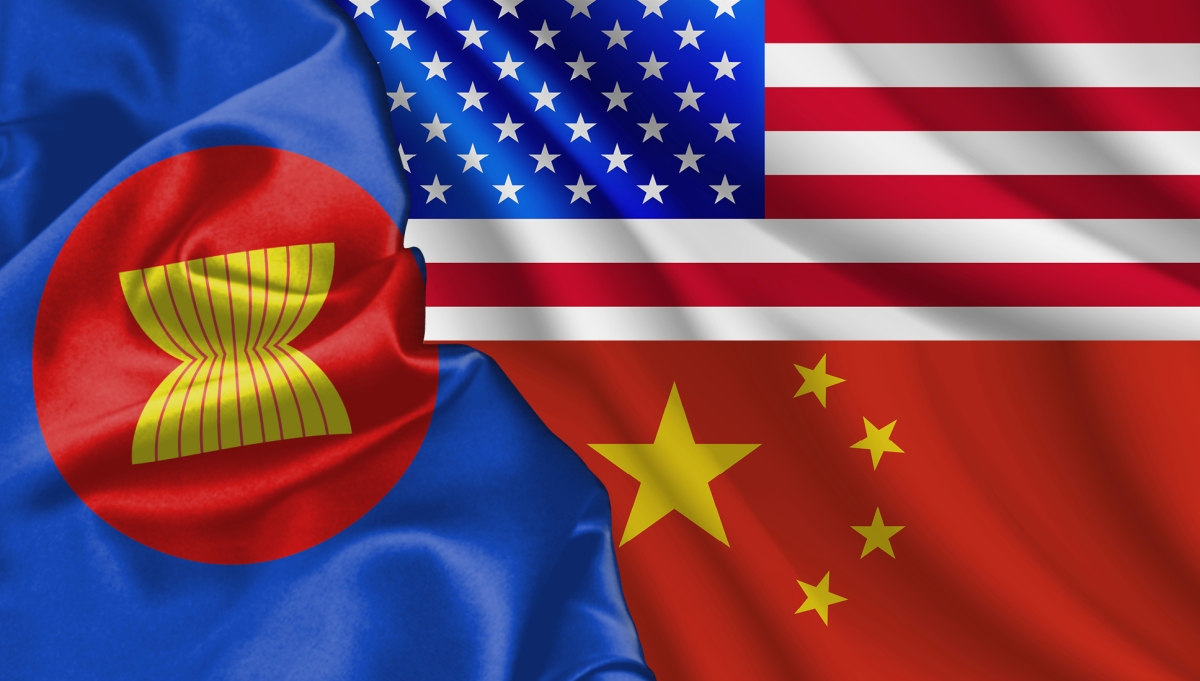We publish here an excerpt of a commentary by Alex Lo, published in the South China Morning Post
China has dethroned the United States as the superpower's preferred partner in Southeast Asia. The findings emerge from the latest annual survey of 1,994 politicians, journalists, businessmen and analysts from ASEAN countries by the Singapore-based think tank, the ASEAN Studies Centre of the ISEAS-Yusof Ishak Institute. When asked which superpower they would take sides if forced to do so, 50.5 percent chose China versus 49.5 percent who chose the United States. That is a very narrow margin and is within the margin of error. So, let's say it's a tie. This should worry Washington, however, because last year the results were 61.1 percent for the United States and 38.9 percent for China. It is worth noting that this is a survey of elites, not ordinary citizens. So even if it does not directly reflect popular sentiments, it can say a lot about the real political directions of the countries concerned. There is another obvious conclusion: Southeast Asia does not want to choose sides, nor do Latin America and Africa. Thus, while it is normal for U.S. allies to follow Washington's lead, the rest of the world, particularly the Global South, do not believe it is in their own interest to join the superpower rivalry. On the contrary, they believe it can cause a lot of damage. Not surprisingly, ASEAN considers unemployment and recession to be the region's most pressing concern (57.7 percent). Like it or not, its economic fortunes are tied to China's. That is why China is considered "the most influential economic (59.5 percent) and political-strategic (43.9 percent) power in the region, surpassing the United States by significant margins in both areas." China, with an average score of 8.98 out of 11.0, tops the list in terms of strategic relevance to ASEAN, followed by the United States (8.79) and Japan (7.48). Partners of lower strategic importance are: India (5.04), Canada (3.81) and New Zealand (3.70). The survey appears quite indicative of the situation in ASEAN. The region the Association represents wants the security provided by the United States, but is wary of their economic initiatives. With China it is the opposite. It does not want China to threaten its security, nor does it want the United States to undermine its hard-won prosperity, in a new Cold War. No one wants to be trapped between two gorillas.






